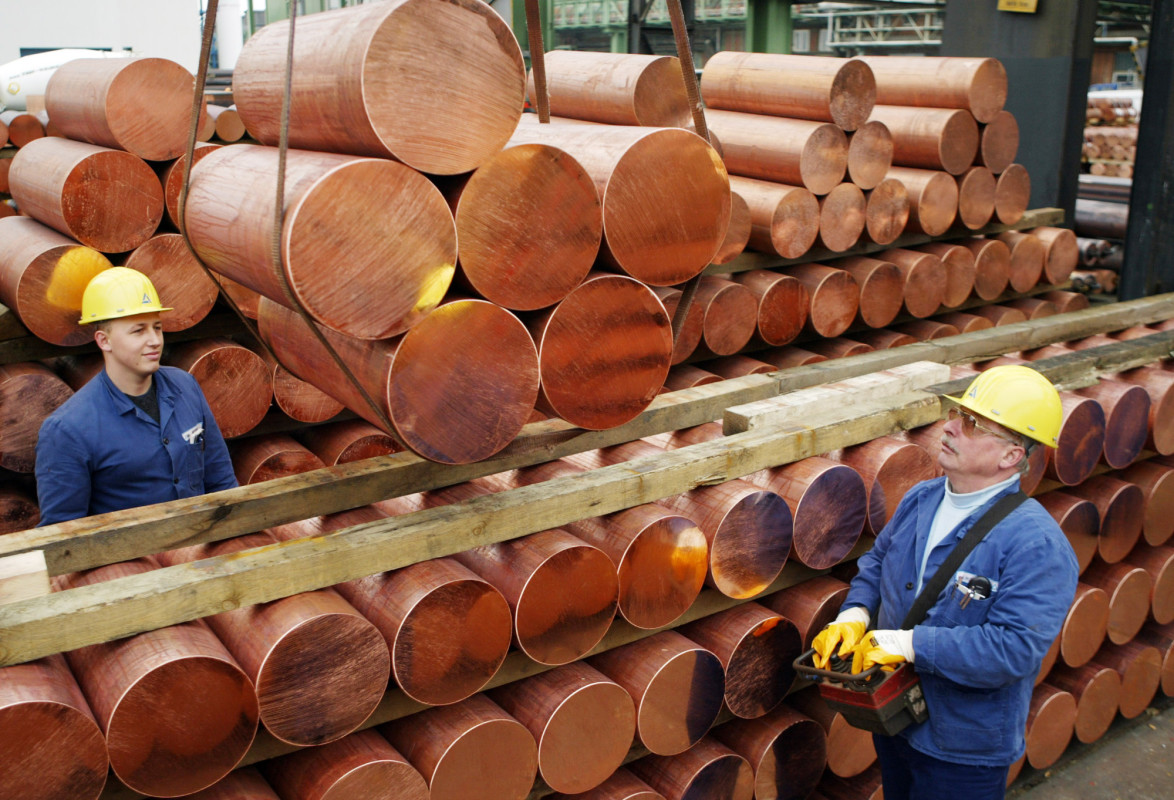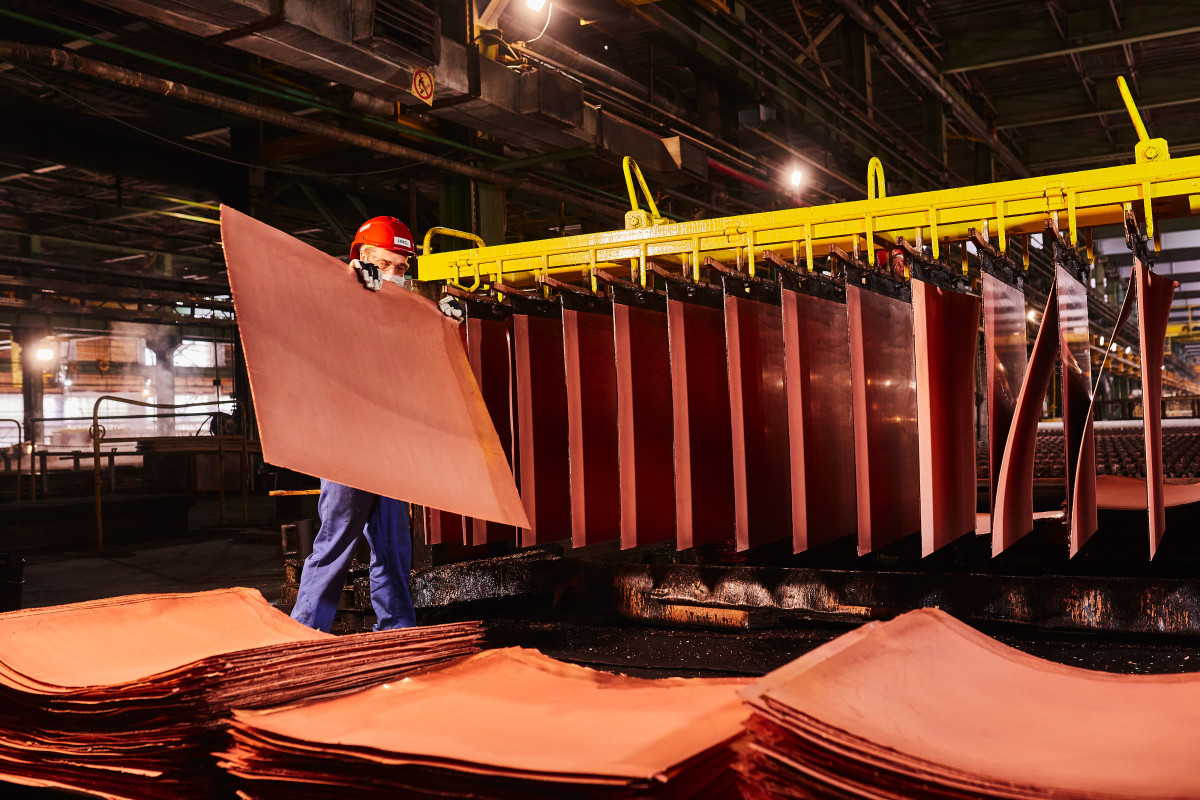
The global market for copper and even for copper-related stocks is heating up so fast it is creating a short squeeze in global copper markets.
The result is that copper, which closed at $4.9245 per pound Wednesday, is up 5.6% this week alone after a 4.6% gain a week ago.
Copper has jumped nearly 27% this year, with most of the rise coming since the end of March.
The commodity briefly jumped above $5 a pound to a record $5.128 a pound during Wednesday's trading.
Related: Is copper the new gold?
The U.S. Copper Index Fund (CPER) , which invests in copper directy, was up 1.45% to $30.11. It's up 4.5% this week and 24.7% for the year.
The machinations over copper is also affecting a takeover battle involving two of the world's largest mining companies
Economic and geopolitics at work
Copper prices have jumped this year because of three main factors:
- The belief that demand for copper will continue to surge in the United States and elsewhere on expected growth in electric vehicles, new high-powered computer chips and devices coming to market and giant data centers being built or coming online that will make huge demands on the power grids everywhere.
- The Chinese economy is starting to show signs of recovery.
- Western countries are making serious efforts to invest in or enable investments in copper producers or copper-producing nations around the world to keep Chinese military-industrial interests at bay.
The result has pushed the price of copper for July delivery above the price for September delivery and far above prices in market elsewhere, especially in China.
On Wednesday, the U.S. differential between prices for July delivery and for September delivery, Bloomberg said, was as much as 30 cents a pound.

The short sellers get caught
The demand has, in fact, created a short squeeze in China, where, Bloomberg News reported, traders had been selling copper short.
Meaning they've bet on the price of copper to fall.
You sell short by borrowing the specific quantity of a commodity for delivery in the future, paying a fee to a broker. You make a profit by buying the commodity back at the lower price, keeping the difference after fees as profit.
If the price goes up, you have to either buy the commodity back at a loss or come up with more cash to hold your position. (Short selling stocks works the same way.)
More on forces affecting markets
- Will This Strategy to Add Gold Exposure Hit the Mother Lode?
- Nvidia set to capture billions as big tech boosts AI spending
- Bearish Bets: 3 Well-Known Stocks You Should Consider Shorting This Week
Copper is a base metal and frequently is whipsawed by national and global economic and political forces.
Right now, the whipsaw is to the upside. And Chinese traders have been forced to put up huge amounts of cash to maintain their short positions. Or buy copper that can be delivered to warehouses in the United States or approved warehouses elsewhere.
That's pushed near-term prices up faster than prices expected in the future.
A takeover fight with diamonds as a bit player
The takeover fight is between Australian mining giant BHP (BHPLF) , which is bidding $46 billion for Anglo American Mining (AAUKF) .
What BHP wants most of all is Anglo American's copper assets, and the company is willing to unload just about everything else the company has.
Anglo American wants to remain independent, and it, too, wants to get rid of extraneous operations.
These include interests in platinum, steelmaking, coal and nickel and, it should be noted diamonds. Anglo American owns 85% of De Beers, the world's largest producer and marketer of diamonds.
Related: Veteran fund manager picks favorite stocks for 2024







